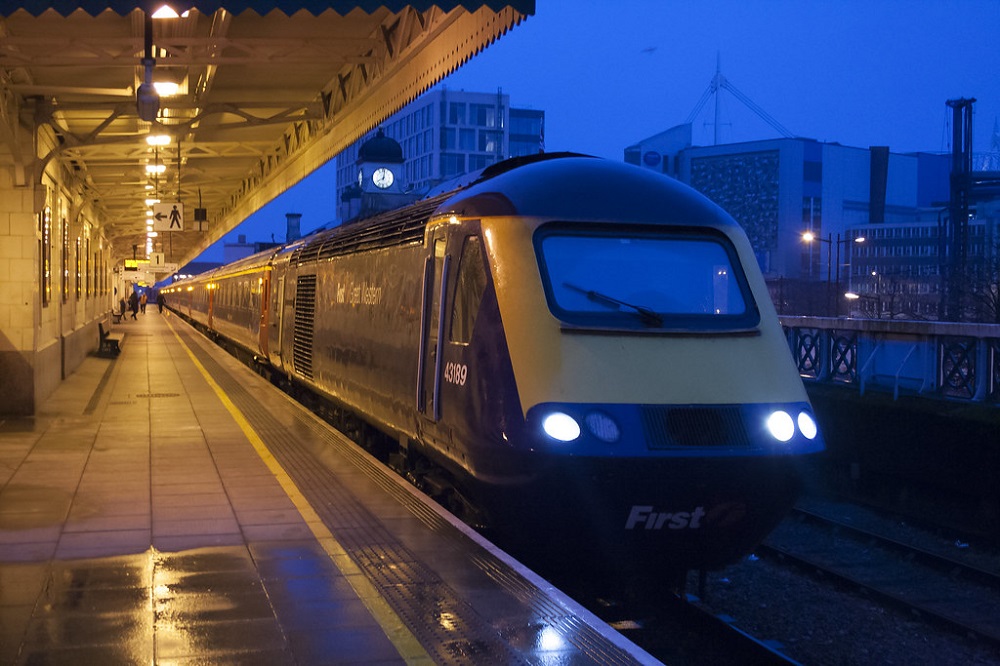Rail privatisation has led to higher fares, RMT says

Passengers are paying more to travel on a rail system that has been “deteriorating” since the industry was privatised 30 years ago, according to a new report.
The Rail, Maritime and Transport union (RMT) marked the anniversary of the 1993 Railways Act by claiming that at least £31 billion had “leaked” out of the system since then, while passengers were paying 8% more in real terms.
The union called for the creation of a single, integrated publicly-owned railway company, which it said would save around £1.5 billion every year and cut fares by 18%.
RMT general-secretary Mick Lynch said the union’s study showed that while rail privatisation had been great for City boardrooms, it had been an “expensive debacle” for passengers.
“Under privatisation the rail system has become a cash cow for the cloud of parasitic private interests that swarm around it, but passengers have got an increasingly expensive fractured railway with 55 million different fares, plagued by service cuts and cancellations, and run by people fixated with cutting staff costs.
“The Government’s wildly unpopular and unworkable ticket office closures plan was driven by a system that sought to protect profits at the expense of passengers.
“The U-turn on ticket office closures and the 30th anniversary of the debacle of railway privatisation should be a turning point that leads to the establishment of a nationally-integrated, publicly-owned rail network run as a public service, a move that would be massively popular with passengers and communities.”
The RMT is still embroiled in a year-long dispute with the UK Government and train companies over jobs, pay and conditions.
Support our Nation today
For the price of a cup of coffee a month you can help us create an independent, not-for-profit, national news service for the people of Wales, by the people of Wales.






The public pay twice. First, inflated fares for increasingly unreliable services. Secondly, Government seems to be funding the private train operators on an almost open ended basis. So, profit goes to private coffers any losses get picked up by the tax paying public which means all of us in one way or another.
Why on earth should a senior executive in a feather bedded industry like that get to earn big 6 or 7 figure salary + benefits etc etc. ?